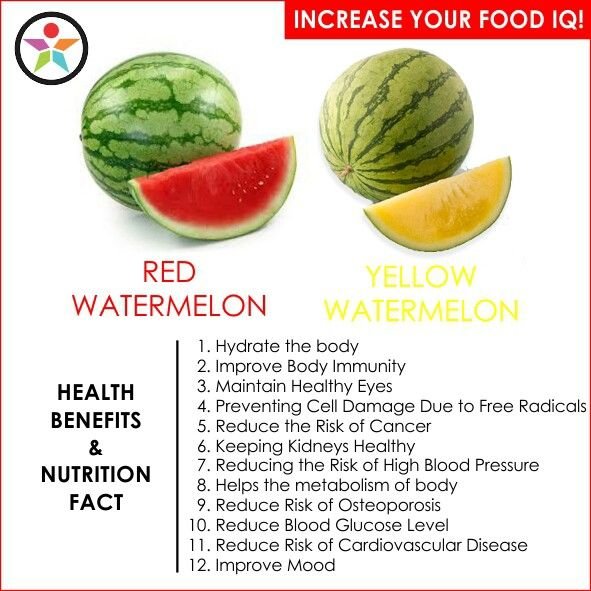Benefits of watermelon: 6 reasons to consume it everyday!
The watermelon is the star of the summer! With a wealth of water, it will refresh you in case of strong heat .. but not only! What are the benefits of watermelon? This fruit has many advantages and top secrets for both men and women!
DISCOVERING THE BENEFITS OF WATERMELON
WHERE IS SHE FROM ?
The watermelon is a fruit of the family Cucurbitaceae , so it is the same family as pumpkin, cucumber or zucchini ! Native to West Africa, it has been introduced to our diet for centuries. This fruit needs heat to grow, so it is grown more in hot countries .
If the red-fleshed watermelon is the most rediscovered, there are also watermelons with pink, yellow or orange flesh?
WHAT ARE THE NUTRITIONAL INTERESTS OF WATERMELON?
# 1 - A WEALTH OF WATER
The watermelon contains about 90% water , which makes it the one of the richest fruits in water . This very important content makes it very thirst-quenching, which helps to participate in the hydration of our body
# 2 - A LITTLE SWEET FRUIT
The watermelon is one of the least fruits rich in sugars with about 7 grams of sugars per 100g.
Comment: The watermelon nevertheless has a high glycemic index (75) due to the high content of water and low fiber. The diabetics will have to limit the use of insulated socket watermelon .
# 3 - ... AND LOW IN CALORIES
Its high water content and low sugar makes it one of the least calorific fruits - an asset for those who want to pay attention to their weight !
# 4 - CONTAINS SOME VITAMINS
The watermelon provides several vitamins (including vitamin C) , all the same its contributions remain moderate compared to other fruits because of the water content that allows some vitamins to escape.
# 5 - A FRUIT THAT CONTAINS PROTECTIVE NUTRIENTS
Watermelon contains antioxidant molecules such as lycopene or beta-carotene (vitamin A) . Lycopene is from the carotenoid family, responsible for the red pigmentation of watermelon. This fruit is one of the richest foods in lycopene alongside melon.
This so-called "antioxidant" action allows it to fight against free radicals present in the body, causing the premature aging of our cells and involved in the development of diseases such as cardiovascular diseases or certain cancers .




